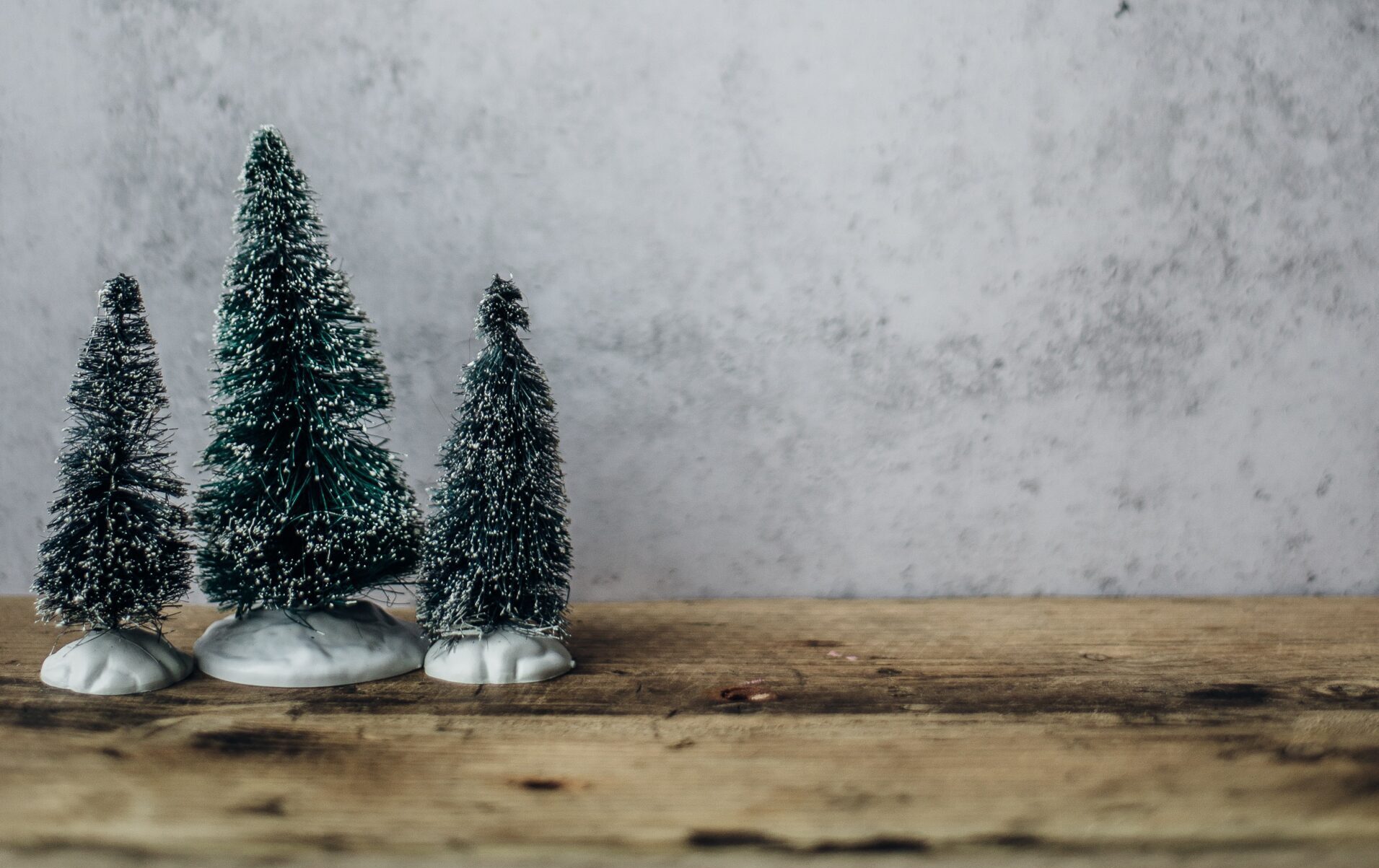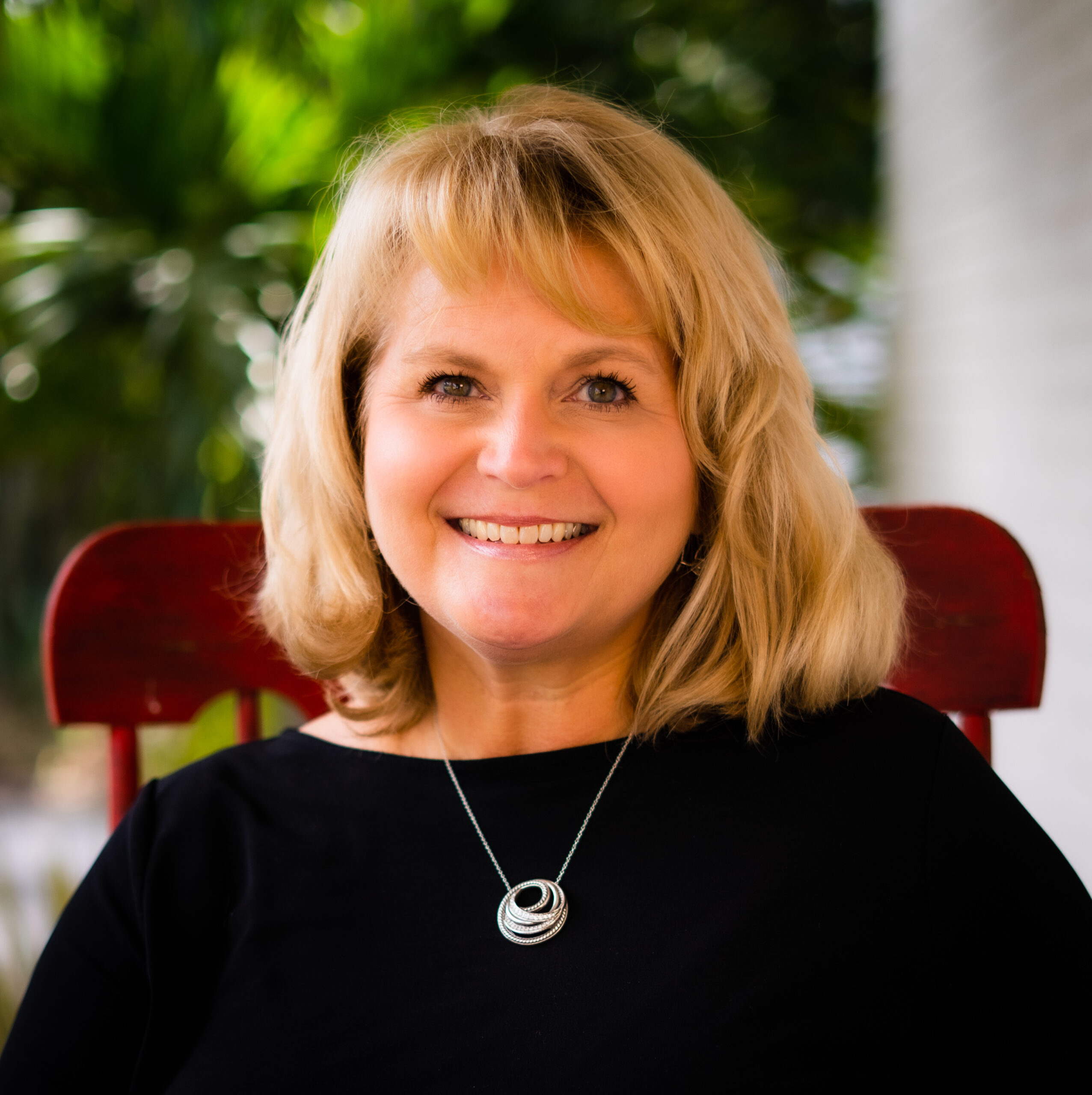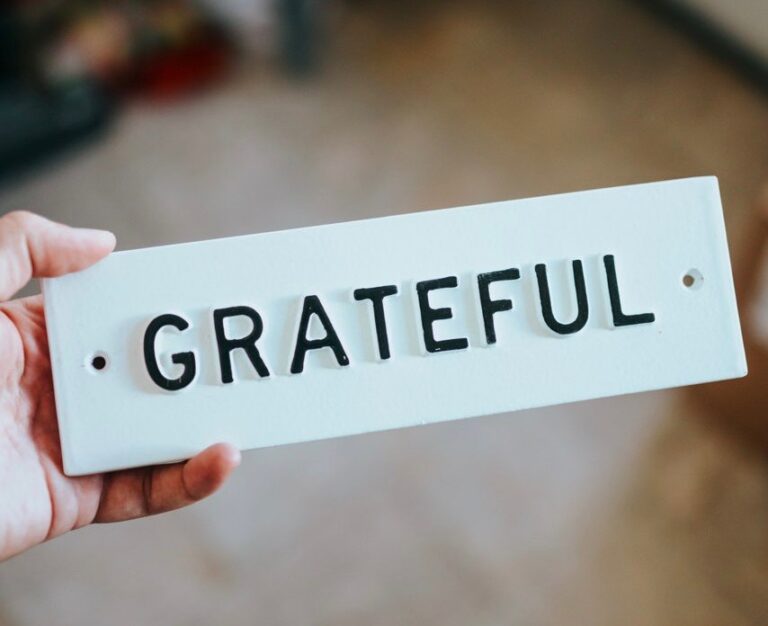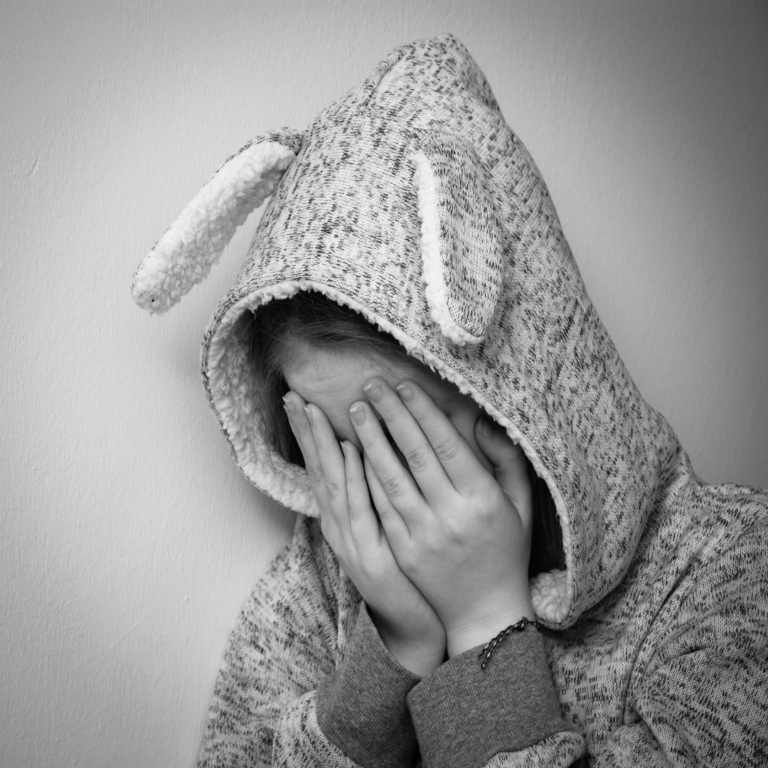
During a time of year when fond memories and family traditions help to make the season bright, grief and loss can make them quite dull. Missing a family member or friend that has always been a significant part of those traditions and memories can make us want to skip the holidays all together. In recognizing and accepting that this time of year can be hard, we can work to guard our hearts and minds with comfort and support in a number of ways.
As each snowflake that falls during this time of year has a unique pattern all its own, so is the journey of each individual experiencing grief. No two people experience loss in the same way. However, an immersion into learning about the nuances of grief reveals the importance to all of community and turning to those who can provide support, comfort, and the ability to witness our grief. We must allow ourselves the ability to express our feelings and have others affirm the fact that everything has changed.
In Journeys with Grief: A Collection of Articles about Love, Life and Loss published by Hospice Foundation of America (2012), HFA Senior Vice President of Grief Programs, Kenneth J. Doka, PhD, MDiv, suggests following the “three C’s of Choose, Communicate, and Compromise to best traverse the holiday season while experiencing grief.” Remember that you have the right to decide or choose what you can manage in attending holiday gatherings and events. Make sure to do the things and spend time with the people that will bring you joy rather than intensify any feelings of pain you might be experiencing. Communicate as a family to discuss how various parts of the holidays are affecting you and how you might work together to meet everyone’s needs by coming to an agreement on how to do things. Expectations based on how “you have always done things” might need to be discussed. Acknowledging that everyone is experiencing grief in their own unique way can allow for compromise and the ability to hold space for one another in a loving way. Dr. Doka writes, “If you choose your actions, communicate your choices to others, and find suitable compromises, you may find that they become bearable and that you have renewed strength and hope.”

Finding ways to honor “continued connections” with the loved ones we have lost can provide comfort. Ideas might include: lighting a candle in the home during the holidays in remembrance of a loved one, hanging a special ornament on the tree or decoration in memory of your loved one, making a donation to a charity in memory of your loved one or buying a gift they would enjoy and donating it to a gift/toy drive, having a moment of silence or making a toast in honor of your loved one at a family gathering, sharing favorite funny stories at the dinner table, taking time to look through old photo albums together at family gatherings to focus on the ways in which your loved one will always be with you through the fond memories you have shared with them.
One of the most important things to remember is to take care of yourself. Allow yourself to say “not this year” with some things. So, you do not get the holidays cards out this year, you decide to skip the holiday parties, you might not have the energy to put out all the decorations…it is okay. It might not be a bad idea to scale back a bit and give yourself permission to take it slow. Let others who offer to help with meals, decorating, or gift buying to help you. If it all seems too much, plan to do something different than what you might traditionally do. Cry when you need to. David Kessler, world-renowned grief expert, encourages the grieving to “treat yourself as your best friend.” He asserts that “we have to be patient with our grief, withhold being judgmental with ourselves about our own grief, do not compare, and give ourselves permission to be where we need to be.” As you heal, “count the wins.” Were you able to do something today that you could not do yesterday? By being aware, we realize this is where the growth comes from. David reminds us that, “in time, we can learn to grieve with more love than pain.” Lastly, although it might feel odd, allow yourself to smile, laugh, and experience joy.
If you do not have trusted individuals in your life that you can talk with to witness your grief and provide comfort and support, please reach out to a qualified counselor. Locate a counselor who you can build a trusted relationship with to provide you with unconditional positive regard and a safe space to process your pain and find healing. We are not intended to walk this journey alone.
Written by Kim Reid, Registered Mental Health Counselor Intern and Certified Grief Educator. “A Certified Grief Educator is committed to providing the highest level of grief support through education, experience, and insights into the often-unacknowledged rocky terrain of grief. Certified Grief Educators complete a certificate program designed by world-renowned grief expert, David Kessler. They bring his unique methodology, tools, and decades of experience to help people navigate the challenges of grief.” #GriefEducator
About Author:

Kim Reid, Registered Mental Health Counselor Intern| a committed counselor that builds trust with her clients through a collaborative client/therapist relationship in the Horizon West, Windermere and Dr Phillips area.






